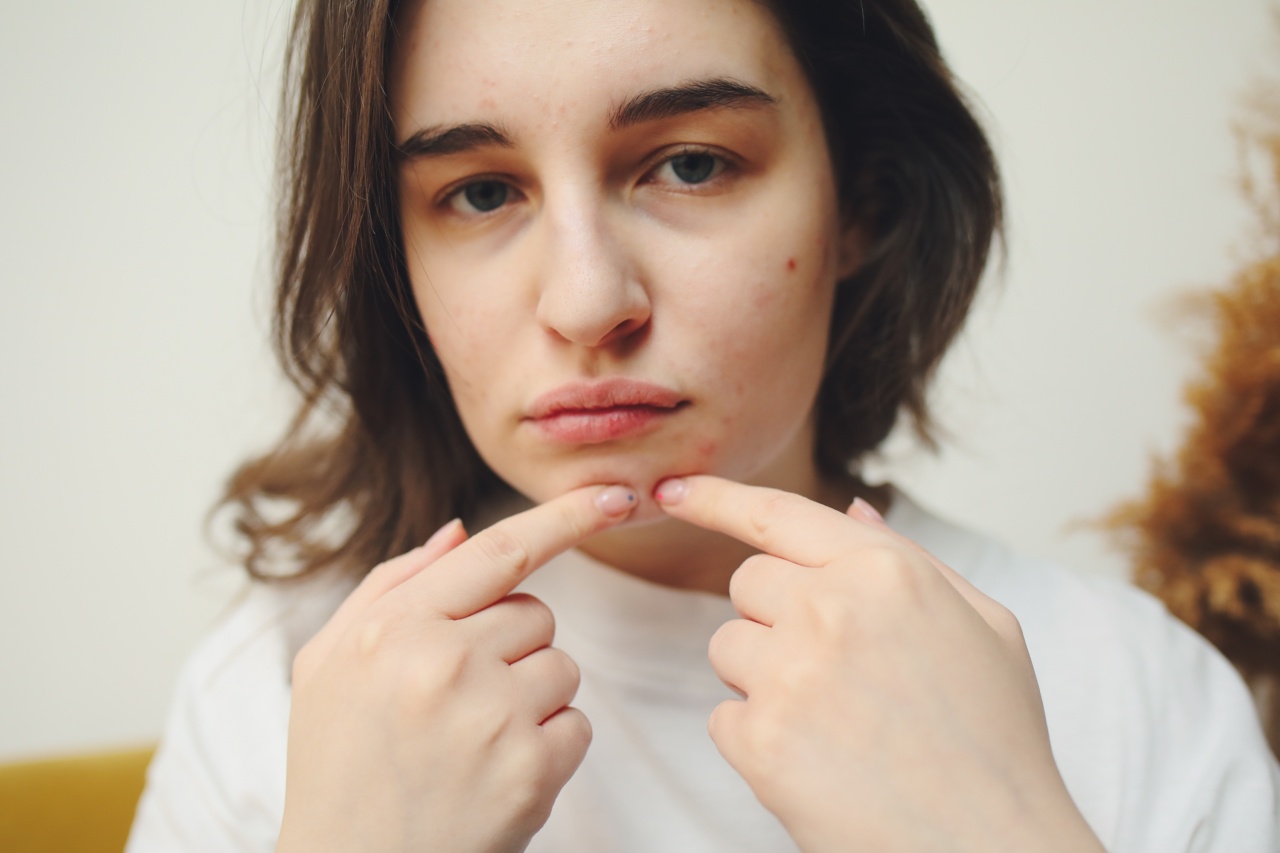Dealing with pesky pimples is never easy. They seem to appear at the most inconvenient times and can be quite irritating. It’s tempting to pop them to get rid of them quickly, but this might not be the best approach.
Pimple popping can lead to more harm than good if not done correctly. In this article, we will discuss the dos and don’ts of pimple popping, ensuring you take the right steps to effectively deal with those unwelcome blemishes.
1. Do: Wash Your Hands Thoroughly
Before attempting to pop a pimple, it’s crucial to wash your hands thoroughly to avoid introducing additional bacteria to the affected area.
Use warm water and soap, ensuring all areas of your hands are clean, including under your nails and in between your fingers.
2. Don’t: Pop a Pimple that isn’t Ready
Remember: patience is key! Trying to pop a pimple that isn’t ready can lead to more inflammation, pain, and even infection. Only consider popping a pimple once it has come to a white or yellow head.
This indicates that the pus is close to the surface and might be easier to extract.
3. Do: Apply a Warm Compress
To prepare the pimple for popping, apply a warm compress to the affected area. This will help soften the skin, making it easier to extract the pus. Soak a clean washcloth in warm water, wring out the excess, and apply it to the pimple for a few minutes.
4. Don’t: Use Your Fingernails
While it may be tempting to use your fingernails to pop a pimple, it’s best to avoid this at all costs. Your nails can harbor bacteria, and using them can lead to additional infection or scarring.
Instead, use clean, sterilized tools specifically designed for pimple extraction, such as a comedone extractor or a lancet.
5. Do: Cleanse the Area Gently
Once you have successfully popped the pimple, it’s essential to cleanse the area gently. Use a mild cleanser suitable for your skin type and massage it in with clean hands.
This will help remove any remaining bacteria or debris from the pimple and prevent further breakouts and infections.
6. Don’t: Squeeze Too Hard
When popping a pimple, it’s crucial not to apply excessive pressure or squeeze too hard. Doing so can cause the bacteria-filled contents to spread deeper into the skin, leading to more inflammation and potential scarring.
Apply enough pressure to release the pus gently, but avoid going overboard.
7. Do: Apply an Antiseptic
After cleansing the area, apply a gentle antiseptic to the popped pimple. This will help kill any remaining bacteria and reduce the risk of infection.
Look for products containing benzoyl peroxide or tea tree oil, as they have effective antibacterial properties but are gentle on the skin.
8. Don’t: Pick at Scabs or Peeling Skin
When a pimple heals, it might leave behind a scab or peeling skin. It’s essential not to pick at these, as doing so can slow down the healing process and even cause scarring.
Allow the scab to fall off naturally, and keep the area moisturized to promote healthy healing.
9. Do: Apply a Spot Treatment
Making use of spot treatments can help eliminate any remaining bacteria and reduce redness or inflammation.
Look for products containing ingredients like salicylic acid or benzoyl peroxide, which can effectively treat pimples without causing excessive dryness or irritation.
10. Don’t: Pop Multiple Pimples in One Sitting
Although it might be tempting to pop all your pimples at once, it’s crucial to resist the urge. Popping multiple pimples in one sitting can overload the skin with bacteria and lead to more breakouts.
Focus on dealing with one pimple at a time and give your skin time to heal before moving on to another.
The Dos and Don’ts of Pimple Popping: A Recap
To recap, here are the essential dos and don’ts of pimple popping:.
- Do: Wash your hands thoroughly
- Don’t: Pop a pimple that isn’t ready
- Do: Apply a warm compress
- Don’t: Use your fingernails
- Do: Cleanse the area gently
- Don’t: Squeeze too hard
- Do: Apply an antiseptic
- Don’t: Pick at scabs or peeling skin
- Do: Apply a spot treatment
- Don’t: Pop multiple pimples in one sitting
By following these dos and don’ts, you can effectively deal with pimples without causing additional harm or complications.
Remember, if you’re struggling with persistent, severe acne, it’s best to consult a dermatologist for professional guidance and treatment.





























